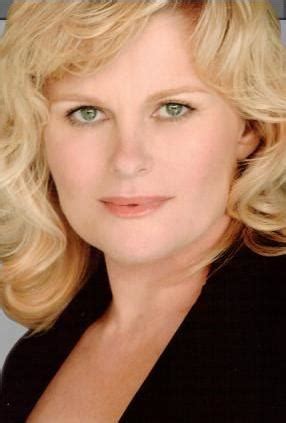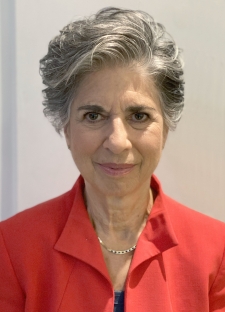A Quote by Clayton Christensen
There are more than 9,000 billing codes for individual procedures and units of care. But there is not a single billing code for patient adherence or improvement, or for helping patients stay well.
Related Quotes
Nurses have new and expanding roles. They are case managers, helping patients navigate the maze of health care choices and develop plans of care. They are patient educators who focus on preventative care in a multitude of settings outside hospitals. And they are leaders, always identifying ways for their practice to improve. Because nurses have the most direct patient care, they have much influence on serious treatment decisions. It is a very high stakes job. Everyone wants the best nurse for the job, and that equates to the best educated nurse.
Faith is precisely the paradox that the single individual as the single individual is higher than the universal, is justified before it, not as inferior to it but superior - yet in such a way, please note, that it is the single individual who, after being subordinate as the single individual to the universal, now by means of the universal becomes the single individual who as the single individual is superior, that the single individual as the single individual stands in an absolute relation to the absolute.
By default, we have created a "system" of nursing-home care for the aged in which middle-class people pay exorbitant rates to for-profit nursing-home entrepreneurs - and then when private resources are consumed and the patient qualifies as a pauper, the nursing home begins billing Medicaid. This is precisely the antithesis of social citizenship; instead of the poor being accorded the dignity associated with the middle class, equality of treatment is achieved by making the middle class undergo pauperization.



































